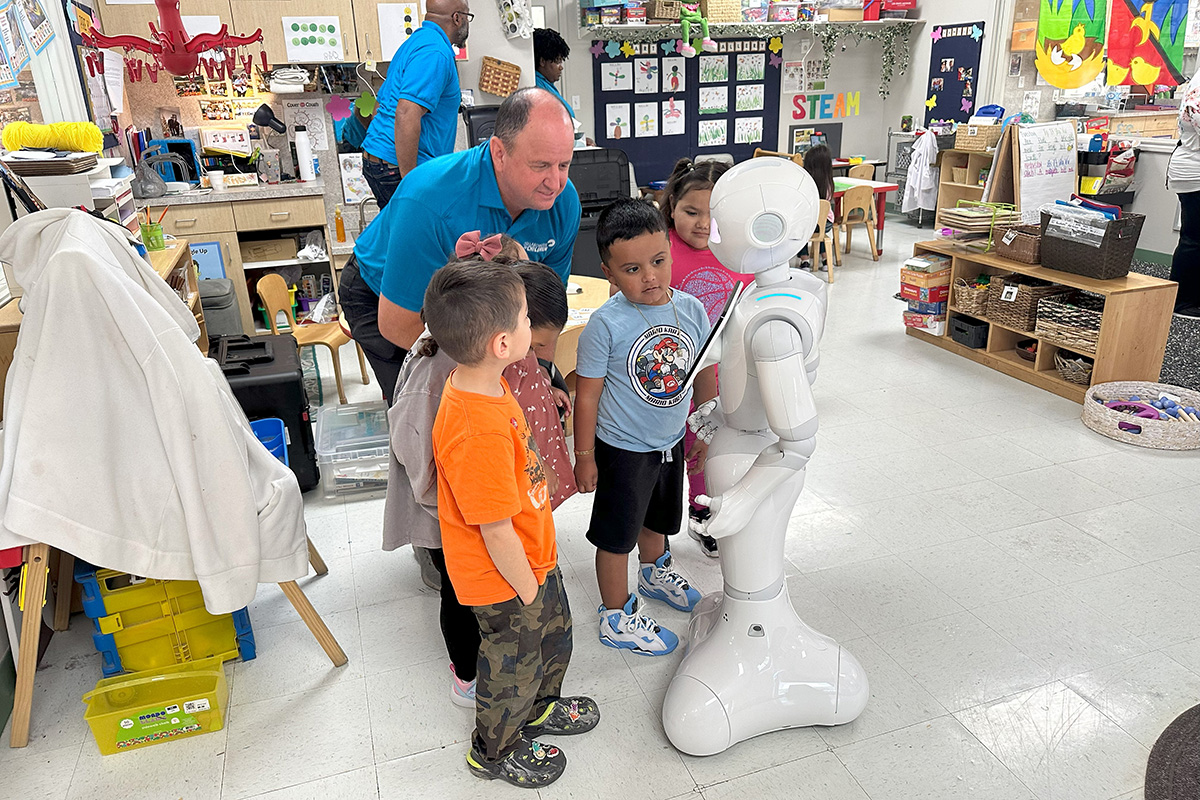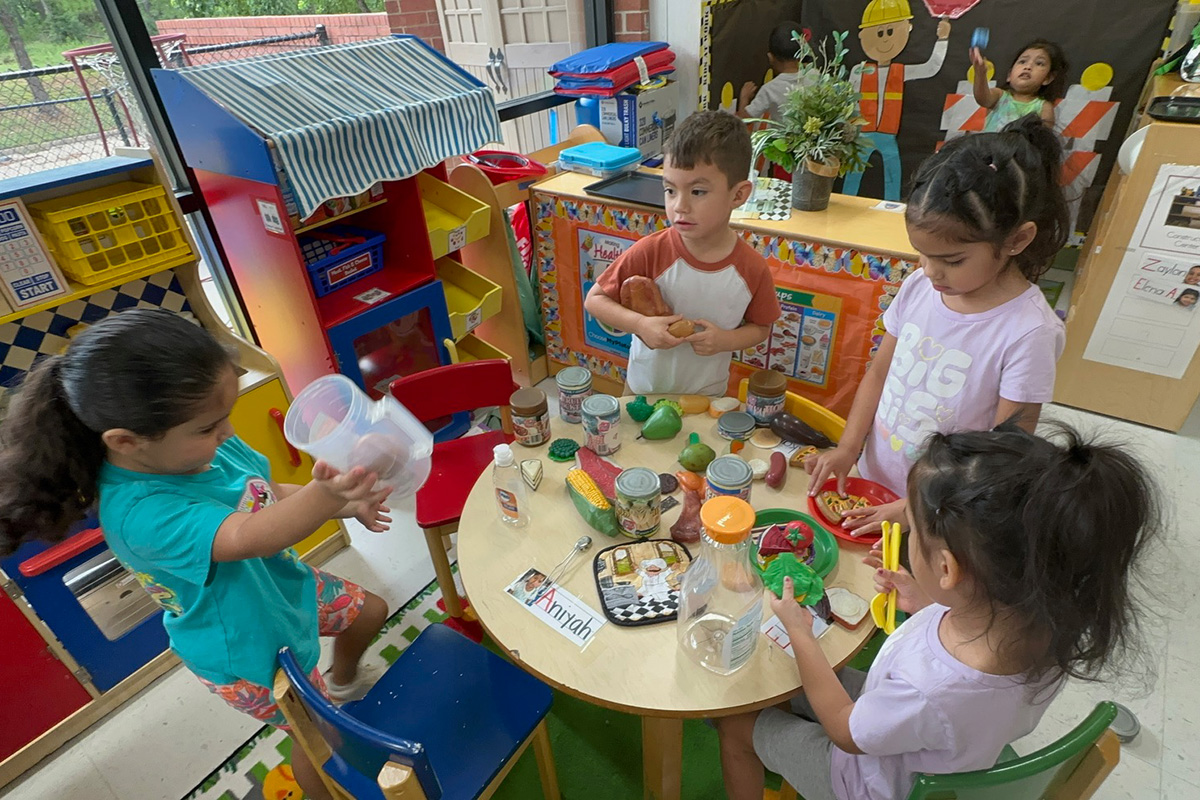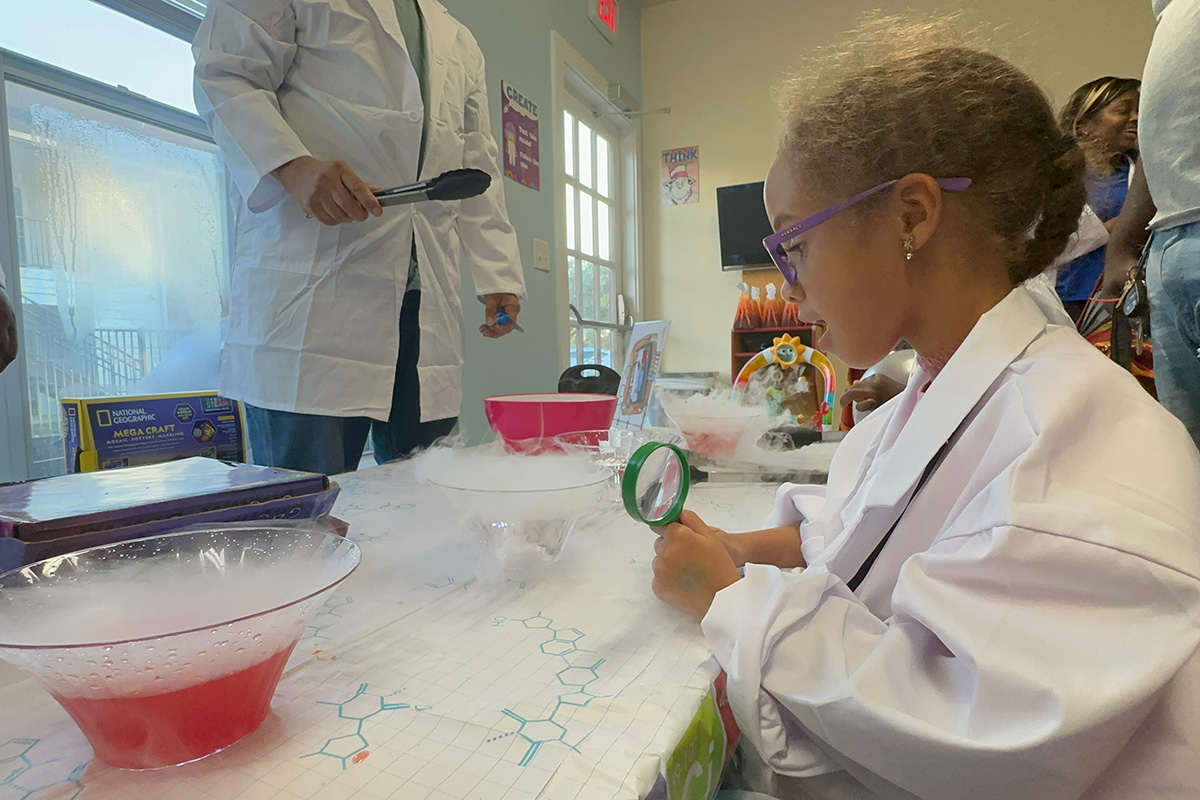As parents, your role in shaping the early experiences of young learners is crucial. The foundational skills you help develop in these formative years will support children’s academic success and lifelong learning. Your dedication to applying evidence-based strategies ensures that your child receives the best possible start on their educational journey.

Thank you for your commitment to early childhood education. Your hard work and passion are invaluable in nurturing the minds and hearts of young learners. We believe that with the tools and insights provided in this manual, you will continue to inspire and guide children towards a bright and promising future.

This manual of evidence-based instructional strategies was designed specifically to support you in your critical role of preparing three to five-year old children for school. Recognizing the demands on your time and energy, this manual offers strategies that require minimal preparation, allowing you to focus more on engaging with the children and promoting their development.
The teaching strategies in this manual are grounded in evidence-based research. This means that the lessons and activities in this manual have been tested and proven effective in real- world educational settings. By implementing these strategies, you will be able to create a rich learning environment that promotes the social-emotional, cognitive, and academic growth in your children. We hope you find this manual to be a valuable resource in your daily teaching practice.
Download Complete Handbook
Social-emotional learning (SEL) skills provide young children with the emotional and social foundations necessary for academic success. When children learn to manage their emotions, they are better able to focus on tasks, follow directions, and engage in learning activities. SEL helps children develop the self-regulation and attention skills required to excel in academic settings and the resilience needed to thrive in an ever-changing world.


Emergent literacy includes the foundational skills and experiences that young children acquire as they begin to understand the concepts of reading and writing. These early skills are essential for building the groundwork needed for formal literacy instruction. Emergent literacy is developed in young children through a variety of interactive and engaging experiences.
Number sense in young children is about knowing how numbers work. These skills provide the basis for more advanced mathematical concepts as children progress through school. While skills like rote counting and recognizing patterns can be taught separately, most number sense skills are interconnected and can be developed together within one activity. For example, an activity that involves counting objects can also teach understanding quantity, recognizing numbers, and basic addition and subtraction. Combining multiple skills in one activity helps children understand the connections between different aspects of number sense, improving their overall understanding and proficiency.

Digital literacy means knowing how to use computers, tablets, and other digital devices to find information, understand it, and create new things safely and smartly.
Digital literacy activities for young children should focus on introducing foundational skills related to technology use, digital devices, and online safety in a fun and engaging manner.
When introducing digital literacy activities to young children, it is important to balance screen time with other hands-on, physical activities. Additionally, always supervise the use of digital devices to ensure a safe and positive experience.


Smooth instructional transitions are essential for maintaining classroom management and ensuring that students stay engaged and focused. Transitions between activities can often be moments of disruption if not managed effectively, but with the right strategies in place, they can be transformed into positive, engaging opportunities for learning and connection.